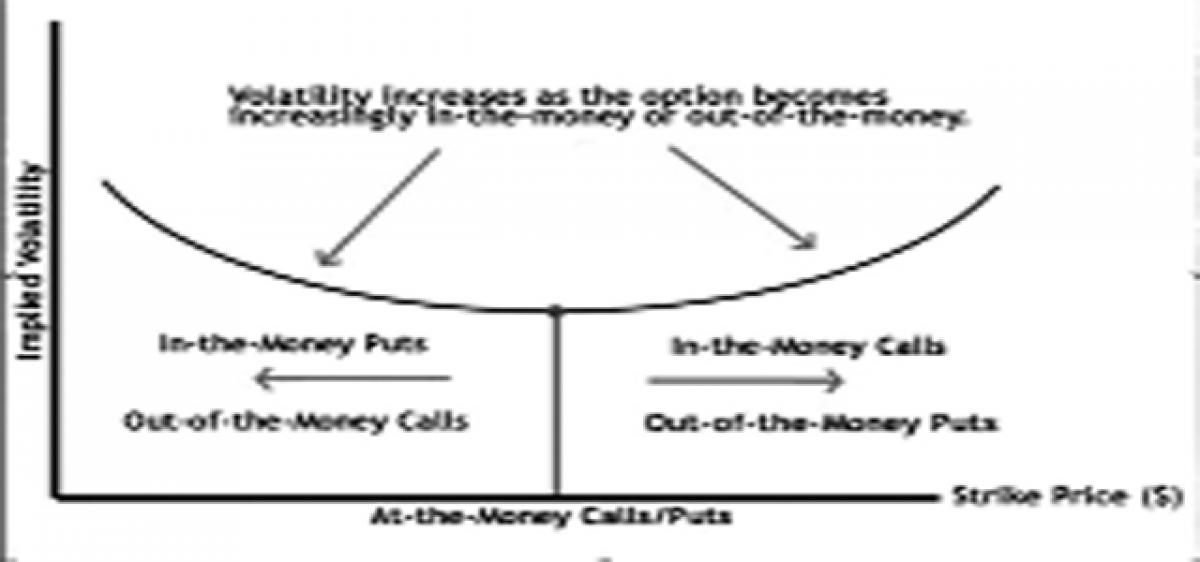Live
- Senior Congress Leader Maridu Krishna Files Nomination as MLA Candidate in Nuzividu Constituency
- TN: Five district collectors questioned by ED in illegal sand mining case
- Patsamatla Dharmaraju files 4th set of nomination papers as Jana Sena candidate for Ungutur Assembly Constituency
- Cong accepted country's division on basis of religion: PM Modi
- TN Police targeting me in Rs 4 cr cash seizure case, says BJP leader Nainar Nagendran
- Former Zimbabwe cricketer Guy Whittall injured by leopard
- Fatal Fire Erupts In Hotel Near Patna Junction, Claims Six Lives
- Congress Challenges PM Modi's Allegations: Calls Out "Falsehoods" Amidst Electoral Rhetoric
- CPI(M) leader seeks Calcutta HC’s attention over Bengal CM's anti-judiciary comments
- Aparna Yadav Challenges Akhilesh Yadav's Candidacy In Kannauj: No Longer A Smooth Ride For Samajwadi Party









